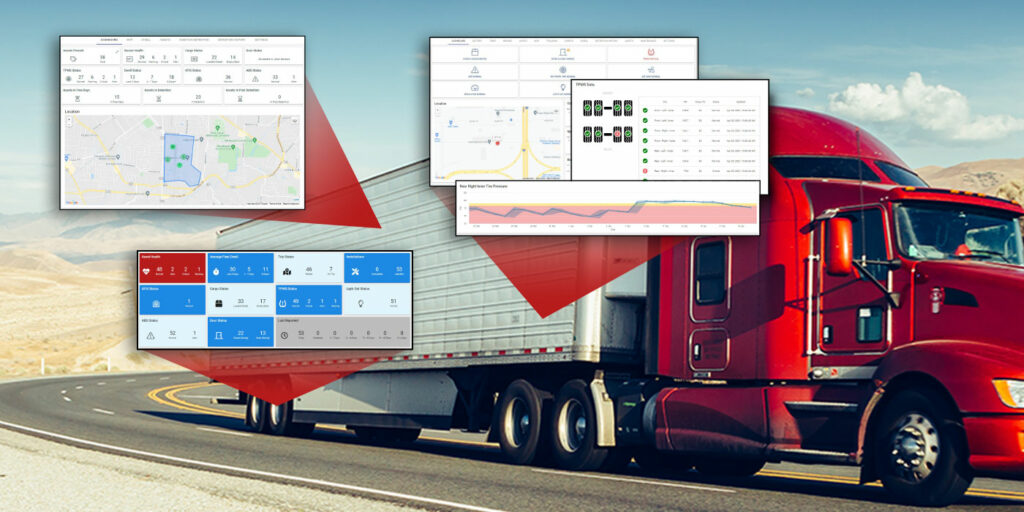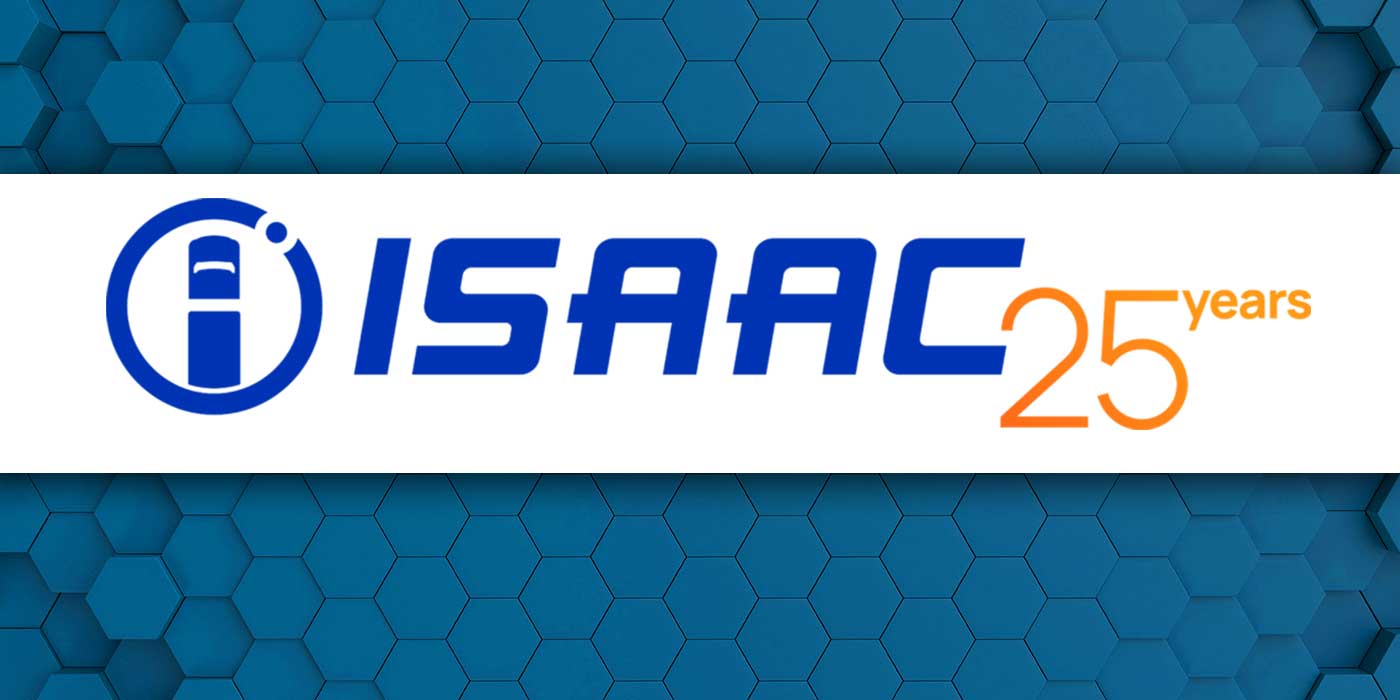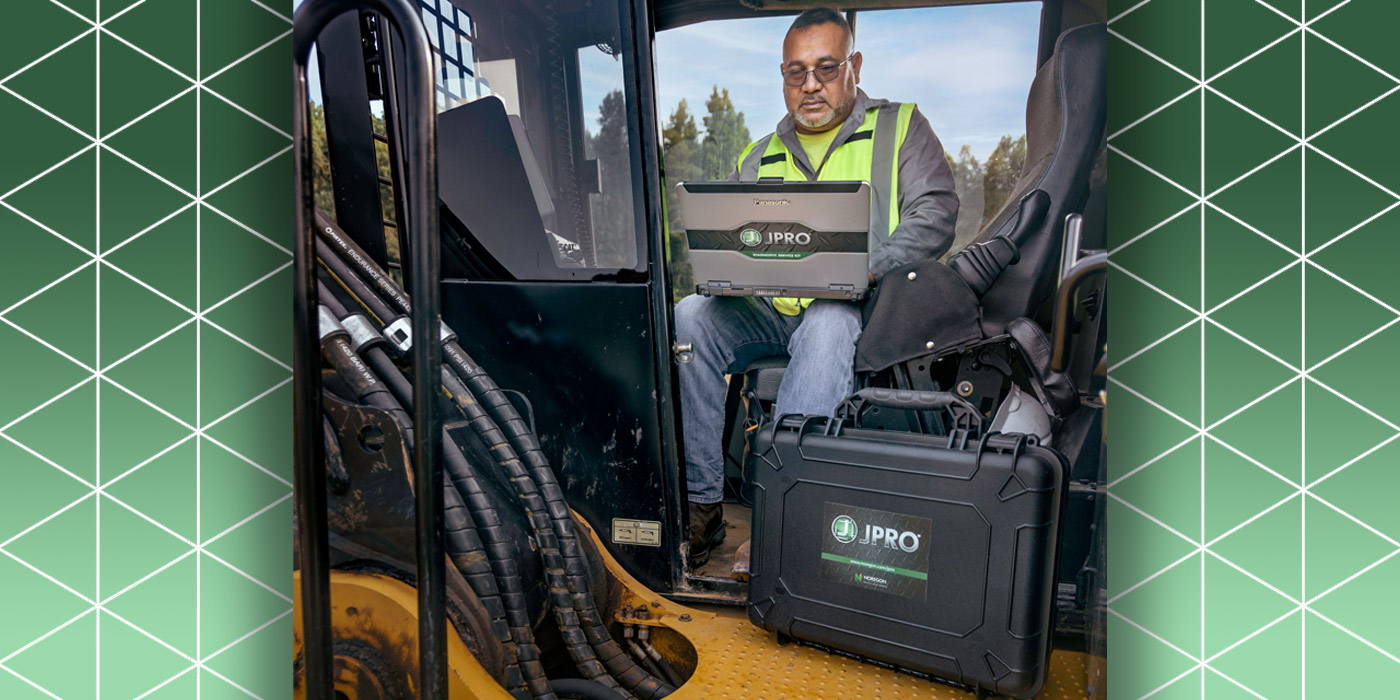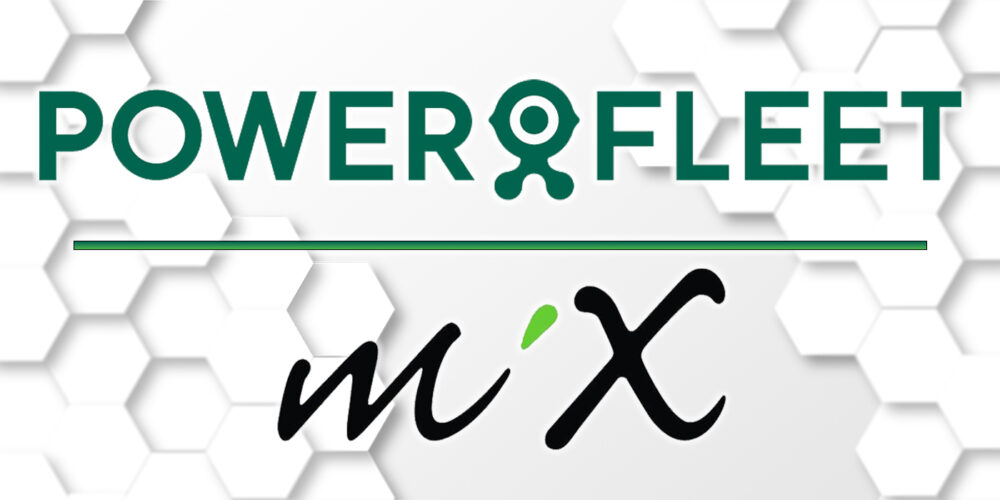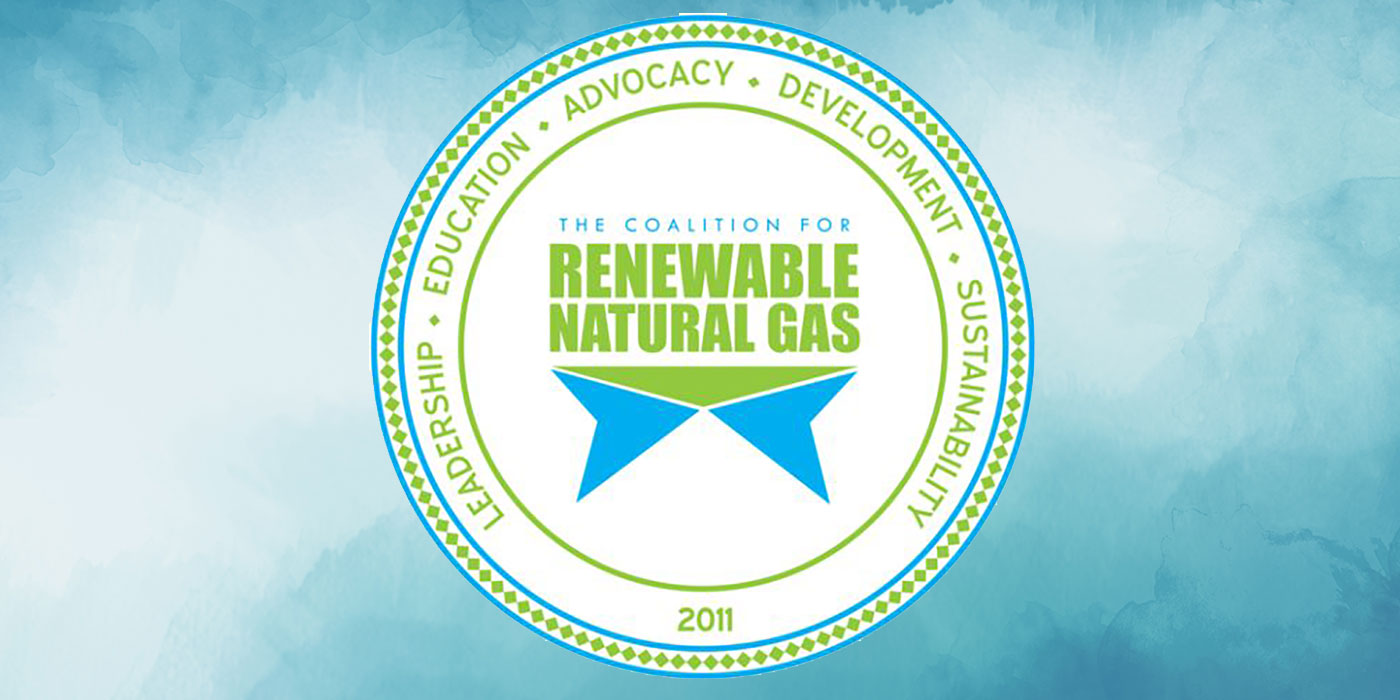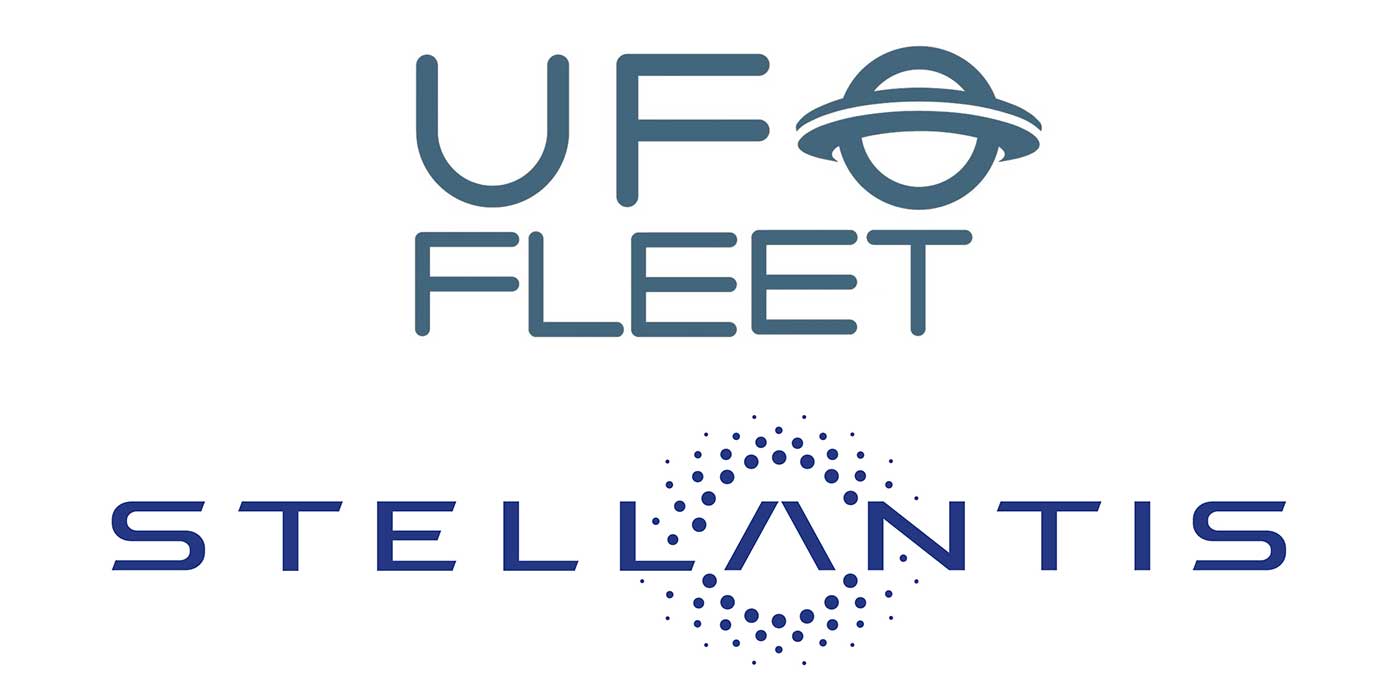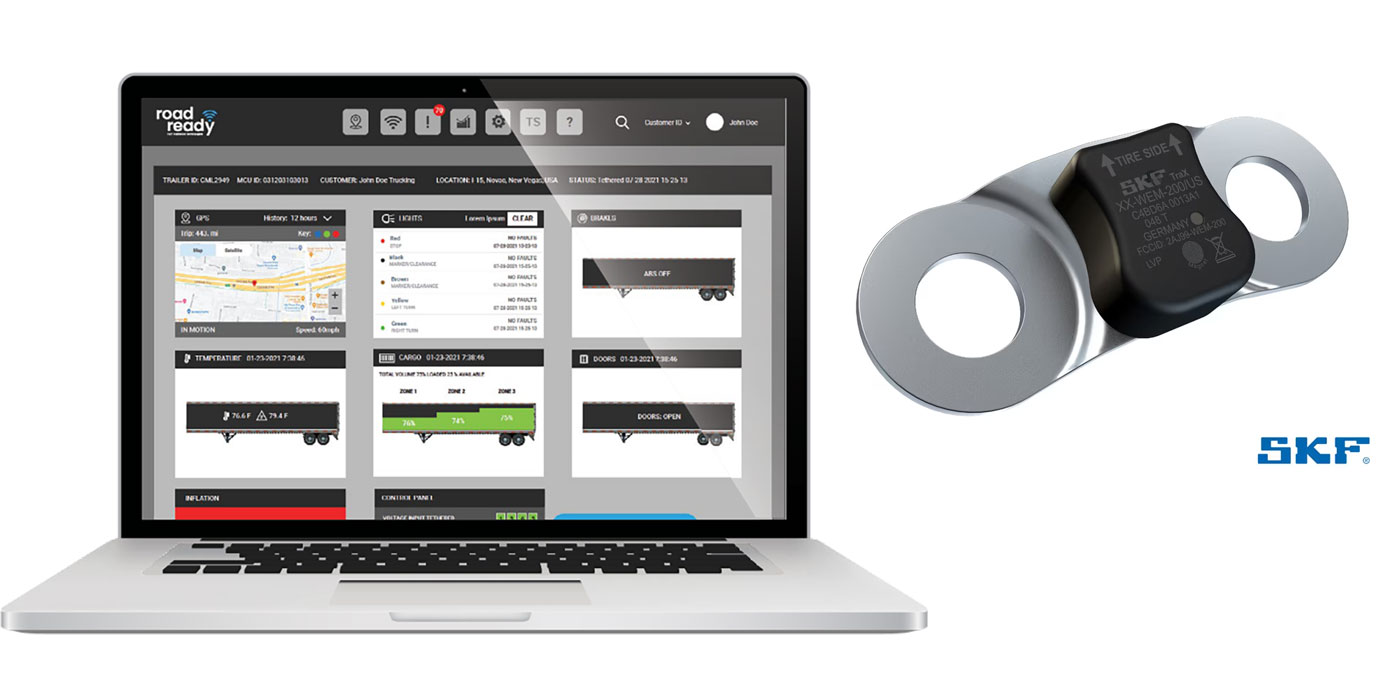Before trailer telematics came on the scene, many fleets saw their trailers not necessarily as an asset but as a problem. Today, proactive fleets using the data gleaned from trailer telematics dashboards can actually make their trailers a real asset to their operation and bottom line rather than primarily a cost center to be managed.
The way trailers are used, especially in over-the-road operations, makes it difficult to arrange for any routine preventive maintenance that would catch a soon-to-be failure or even a minor issue. After all, those minor issues could negatively impact CSA scores and put trailers out of service for a time when they should be picking up or delivering cargo.
However, using instant telematics dashboard data, fleet managers can see this problem coming so they can make the appropriate arrangements to pre-empt unscheduled downtime, wasted driver time, the high cost of on-road repairs—the list goes on. Every fleet knows the penalty for unexpected downtime.
With telematics dashboards, not only can a fleet catch a problem by monitoring real time conditions, but with historical data analyzed, trends can be seen that ultimately give a good basis for long-term adjustments that improve the ratio of benefits to liabilities for those trailers.
Telematics dashboards give a fleet a look into their trailer population at any point in time to monitor their condition, but historical dashboard data can also help a fleet make decisions for changes that might significantly reduce the instances that are causing the pain. Does a component you are using fail far too often and is there an alternative? Do you have a customer that routinely holds up your trailers and would detention charges alter that behavior? Do you have particular drivers that hold up your trailers for one reason or another—can you counsel them to improve their performance in this area? This is only a snapshot of what’s possible.
Obviously, the more data the dashboard is collecting the more opportunities there are to improve trailer utilization, customer relationships, driver behavior, trailer spec’ing decisions, etc. A dashboard pulling in data from multiple sensors monitoring multiple trailer conditions simultaneously allows for more complex analysis leading to improved operations. For instance, geo-fencing determines the location of an asset (trailer, chassis, etc.) and cargo monitoring reports on loaded/unloaded conditions—by overlaying these two sets of data points it’s really simple to find and document customers that hold your trailers too long before either unloading them or loading them. This data can be leveraged to collect detention or to negotiate rate increases if it’s not corrected.
Fleets can also overlay minimum and maximum asset requirements on geofences—and telematics helps fleets get immediate feedback on any locations that have too few trailers which can cause a carrier to lose a load, or locations that have too many trailers which can cause a disruption to an entire market. Additionally, fleets can overlay health data to truly understand how many trailers are really available to the customer regardless of the simple count of the assets present.
Each fleet is different and has different needs from the information they can gather from their trailers with telematics. Phillips Connect, for example, can monitor and include in dashboard views any number of conditions: real-time GPS tracking, tire pressure, ABS lamp detection, ABS fault codes, air tank pressure, door, cargo, temperature, ATIS regulator and lamp detection, brake stroke, weight, light-out, wheel-end heat, smart locking gladhands, smart locking doors and internal camera views with proprietary sensors or those from other manufacturers. Fleets would have the ability to design the dashboard to meet their personal preferences for information and analysis.
This is a new world for trailer fleets–from the days of, “where are my trailers?” to having solid data that makes trailers a true asset. In today’s environment of tight capacity chasing strong freight demand, fleets that can utilize their trailers to their fullest potential will rise to the top.
Jessica Smith is the vice president of customer and data insight at Phillips Connect.

